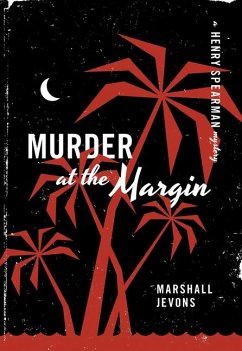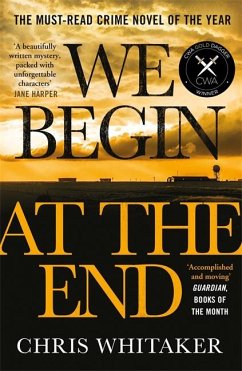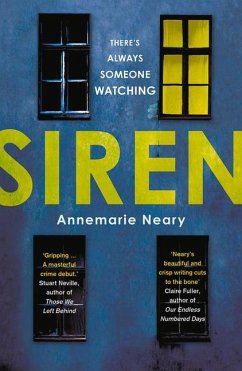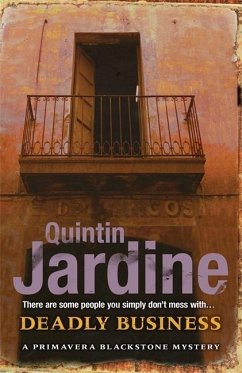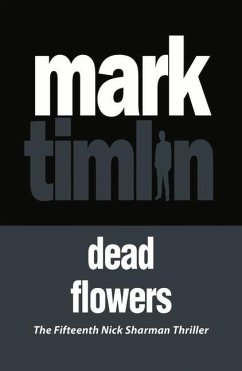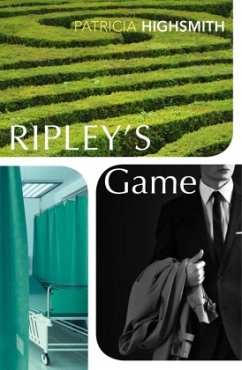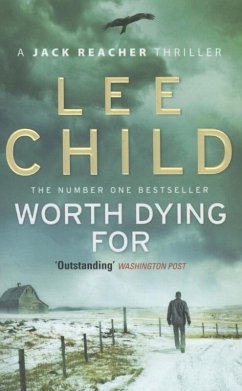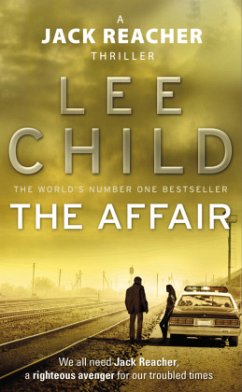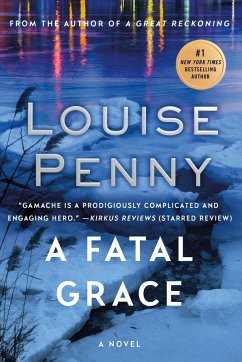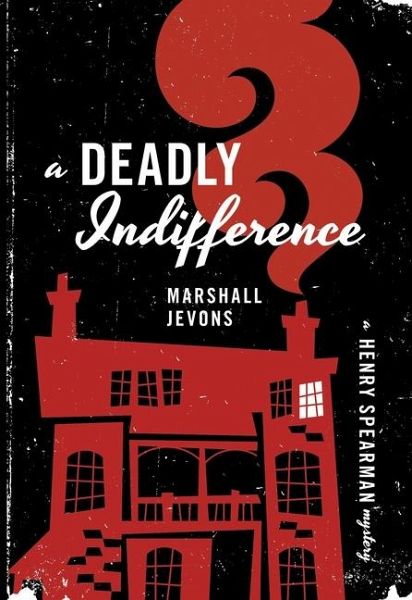
A Deadly Indifference
A Henry Spearman Mystery

PAYBACK Punkte
7 °P sammeln!
Harvard professor Henry Spearman--an ingenious amateur sleuth who uses economics to size up every situation--is sent by an American entrepreneur to Cambridge, England. Spearman's mission is to scout out for purchase the most famous house in economic science: Balliol Croft, the former dwelling place of Professor Alfred Marshall, John Maynard Keynes's teacher and the font of modern economic theory. A near miss for the American entrepreneur and the shocking and bizarre murder of Nigel Hart, the master of Bishop's College, soon make it clear that the whole affair is risky business. When a second c...
Harvard professor Henry Spearman--an ingenious amateur sleuth who uses economics to size up every situation--is sent by an American entrepreneur to Cambridge, England. Spearman's mission is to scout out for purchase the most famous house in economic science: Balliol Croft, the former dwelling place of Professor Alfred Marshall, John Maynard Keynes's teacher and the font of modern economic theory. A near miss for the American entrepreneur and the shocking and bizarre murder of Nigel Hart, the master of Bishop's College, soon make it clear that the whole affair is risky business. When a second corpse turns up, Spearman is jolted into realizing that his own life is in peril as he finds himself face to face with the most diabolical killer in his experience.




